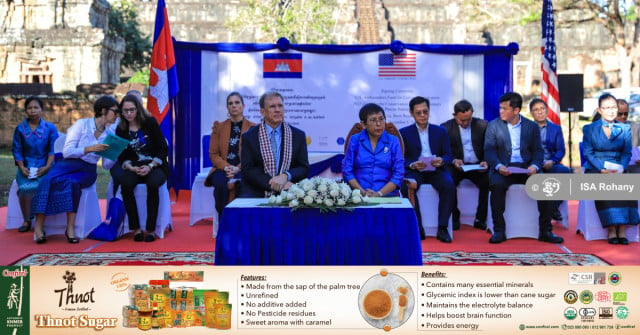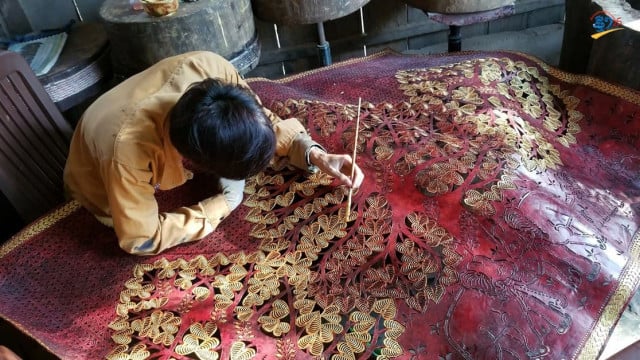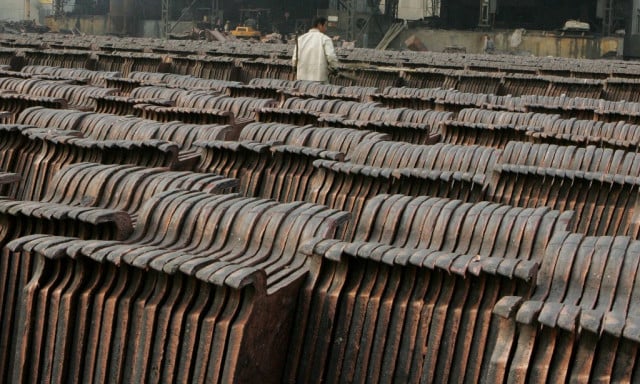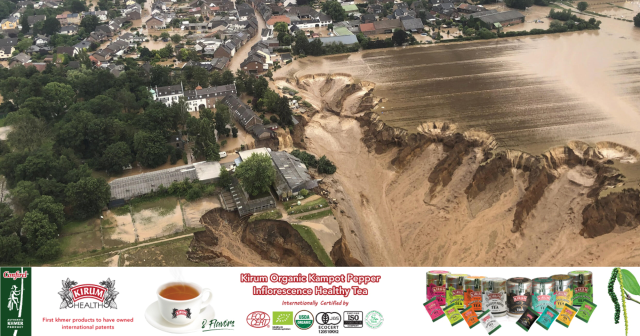Kratie’s Ecotourism Community Deserted Despite Covid-19 Recovery
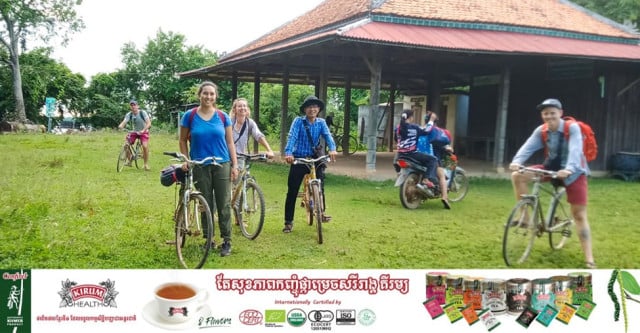
- By Chhum Chantha
- September 27, 2023 9:54 AM
PHNOM PENH – Koh Pdao Community-Based Ecotourism, located in Kratie province, has lost nearly all of its visitors despite the return of tourists after COVID-19. The community president called on tourists to come visit the community again to support local people.
Community residents said they have not made revenues from tourism for a year and missed welcoming tourists to their homestays.
Srey Boeun, who runs a homestay in the community, said he used to welcome around 100 tourists a year under his roof before the COVID-19 outbreak. However, he has not received a single tourist thus far this year, even though the pandemic is over and tourism is recovering.
Boeun, who is in charge of providing homestay services and serving food to tourists, said it is a pity that the number of tourists has nearly fallen to zero as it directly affects one of the main income sources – other than farming – of the community.
“There used to be many tourists coming here non-stop, but now there are none. It’s a pity, and I miss having tourists around. However, it’s never going to be the same no matter how much I miss it, I don’t know why,” Srey Boeun said. “If there are no national and international tourists, then there are no income for me and the community.”
The Koh Pdao Community-Based Ecotourism was established in 2008 in Kratie province and includes the two villages of Samphin and Koh Pdao on Ror Ngeav island.
It is home to over 2,100 people and offers 53 homestays to visitors.
The community president Prum Sarin said it welcomed 500 tourists per year in the pre-COVID-19 period. However, there have been only 50 tourists visiting them within the last 8 months.
Sarin is unhappy with the decline of visitors as local people have lost a substantial part of their income and some of the services once offered to the tourists have fallen into disrepair.
“There were a lot of tourists before COVID-19, but the number has dramatically declined now. It may be because our community had been shut down for longer than others,” he said.
Community members not only rely on tourism to ensure their livelihoods. They also grow seasonal crops, such as rice and vegetables, and farm animals such as cows, pigs, chickens, ducks and fish, in a move to preserve their traditional way of life.
The local people also preserve their traditional customs and celebrate together the Khmer New Year and traditional weddings., perform sacrificial animal ceremonies or praying ceremonies, play traditional instruments and resort to dark magic.
From a tourist perspective, the two villages offer a variety of natural landscapes and resources, from the Irrawaddy dolphins to animals and birds watching to walks in the forests along the Mekong river. Members of the communities also offer tours to present life in rural Cambodia, with possibilities to go ox carting, ride a boat on the river or discover the process of rice growing.
Even though the Koh Pdao Community-Based Ecotourism site has not welcomed many tourists this year, the data at the national level is encouraging.
According to the Ministry of Tourism, around 2.5 million international tourists visited Cambodia in the first half of 2023, up 400 percent compared to the same period last year.
Originally written in Khmer for ThmeyThmey, this story was translated by Meng Seavmey for Cambodianess.






